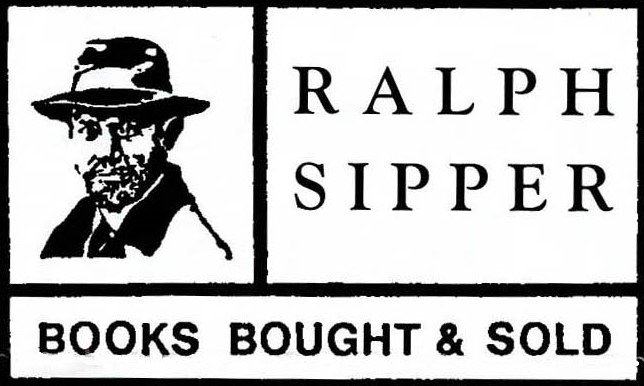 Image 1 of 2
Image 1 of 2

 Image 2 of 2
Image 2 of 2



Jones, James. TWO DYNAMIC SINGLE-SPACED TYPEWRITTEN LETTERS
1954. Composed in response to a critic's analytical essay in a little mag on the author's watershed novel, "From Here To Eternity." Rejecting the academic's theories, Jones elucidates his novelistic intentions with passion: "The main theme I basically want to show in Eternity ... was that the army had an infallible way of destroying its own best advocates and adherents ... the tragic essence of Prewitt was from the beginning the sense of foredoomed knowledge that he must die. That inevitability of avoidable disaster is the essence of all tragedy from the Greeks on down ... Now I can look back and see that the Army did not really kill Prewitt. Prewitt killed Prewitt. Else why did not the Army also kill Warden?" Jones goes on to reject the critic's view that Karen Holmes was a nymphomaniac: "I do believe that when people are lonely -- as everyone is -- they will try and alleviate it in the best way they can. If that's nymphomania, we're all nymphos," and concludes on a pessimistic note: "It makes you wonder whether writing novels is worth the trouble." A not uncommon booksellers' conceit is to represent an author's correspondence as an expression of insight into his art. Such hyperbole notwithstanding, we believe that these thoughtful letters accomplish just that. Some 4000 words with intermittent holographic insertions by Jones, along with a copy of the correspondent's critical essay. Fine in the original mailing envelopes. An extraordinary file.
1954. Composed in response to a critic's analytical essay in a little mag on the author's watershed novel, "From Here To Eternity." Rejecting the academic's theories, Jones elucidates his novelistic intentions with passion: "The main theme I basically want to show in Eternity ... was that the army had an infallible way of destroying its own best advocates and adherents ... the tragic essence of Prewitt was from the beginning the sense of foredoomed knowledge that he must die. That inevitability of avoidable disaster is the essence of all tragedy from the Greeks on down ... Now I can look back and see that the Army did not really kill Prewitt. Prewitt killed Prewitt. Else why did not the Army also kill Warden?" Jones goes on to reject the critic's view that Karen Holmes was a nymphomaniac: "I do believe that when people are lonely -- as everyone is -- they will try and alleviate it in the best way they can. If that's nymphomania, we're all nymphos," and concludes on a pessimistic note: "It makes you wonder whether writing novels is worth the trouble." A not uncommon booksellers' conceit is to represent an author's correspondence as an expression of insight into his art. Such hyperbole notwithstanding, we believe that these thoughtful letters accomplish just that. Some 4000 words with intermittent holographic insertions by Jones, along with a copy of the correspondent's critical essay. Fine in the original mailing envelopes. An extraordinary file.
1954. Composed in response to a critic's analytical essay in a little mag on the author's watershed novel, "From Here To Eternity." Rejecting the academic's theories, Jones elucidates his novelistic intentions with passion: "The main theme I basically want to show in Eternity ... was that the army had an infallible way of destroying its own best advocates and adherents ... the tragic essence of Prewitt was from the beginning the sense of foredoomed knowledge that he must die. That inevitability of avoidable disaster is the essence of all tragedy from the Greeks on down ... Now I can look back and see that the Army did not really kill Prewitt. Prewitt killed Prewitt. Else why did not the Army also kill Warden?" Jones goes on to reject the critic's view that Karen Holmes was a nymphomaniac: "I do believe that when people are lonely -- as everyone is -- they will try and alleviate it in the best way they can. If that's nymphomania, we're all nymphos," and concludes on a pessimistic note: "It makes you wonder whether writing novels is worth the trouble." A not uncommon booksellers' conceit is to represent an author's correspondence as an expression of insight into his art. Such hyperbole notwithstanding, we believe that these thoughtful letters accomplish just that. Some 4000 words with intermittent holographic insertions by Jones, along with a copy of the correspondent's critical essay. Fine in the original mailing envelopes. An extraordinary file.
